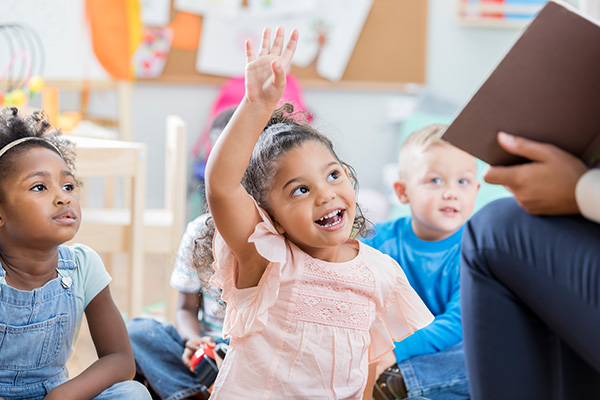Teaching Your Child Positive Behaviors
Families can make a big difference in their child’s behavior by teaching them positive ways to manage their feelings.
 Positive behaviors are social, emotional, and communicative skills and behaviors used by children that enable them to engage in and navigate their learning and social environments. These include skills to regulate their emotions, solve problems, and develop and sustain relationships. Providing intentional instruction on how to use positive behaviors is a critical part of preventing challenging behavior and supporting children who engage in challenging behaviors.
Positive behaviors are social, emotional, and communicative skills and behaviors used by children that enable them to engage in and navigate their learning and social environments. These include skills to regulate their emotions, solve problems, and develop and sustain relationships. Providing intentional instruction on how to use positive behaviors is a critical part of preventing challenging behavior and supporting children who engage in challenging behaviors.
These resources help education staff learn about and use evidence-based strategies and supports to help children learn positive behaviors.
Families can make a big difference in their child’s behavior by teaching them positive ways to manage their feelings.
Explore this series of four tips sheets that is aimed at families seeking to promote positive behaviors in their child.
Taking care of yourself is important for responding well to a child’s challenging behavior.
Helping children recognize and name how they feel can make a big difference in how they express their feelings and how they behave.
Learn ways that families can support a child during challenging moments.
Learn about Positive Behavior Support (PBS) and its relationship to social and emotional development. Find strategies to help children understand emotions, solve problems, develop friendship skills, and more.
Explore this collection of resources to learn how to support children’s social and emotional well-being. This collection also includes resources related to adult mental wellness.
This in-service suite shows how to create expectations for classroom behavior that preschool children can learn.